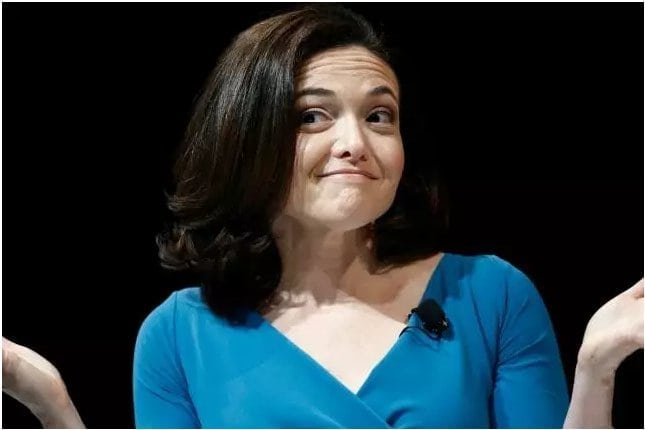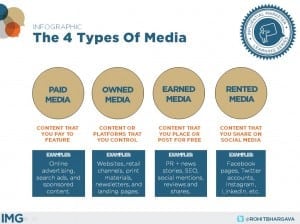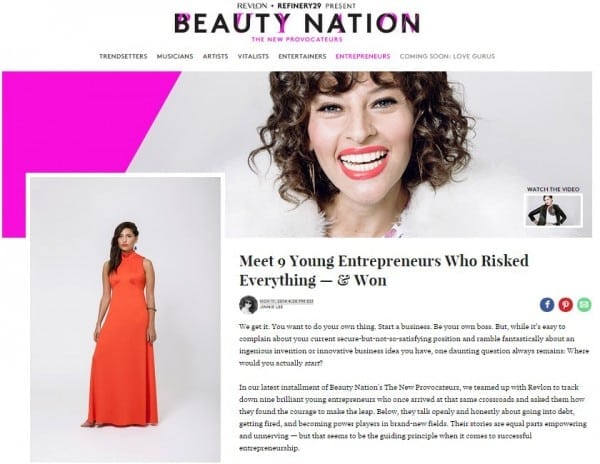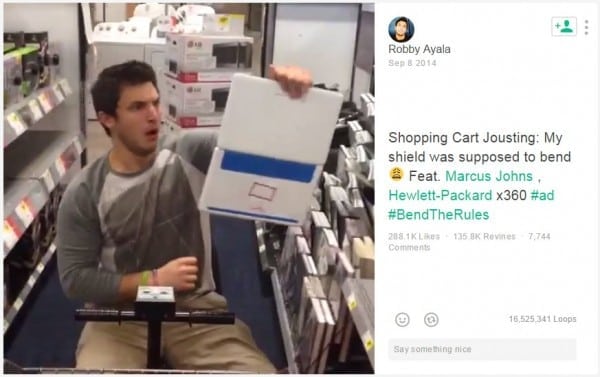Facebook has brands worried … again.
A recent article headline from Ad Age magazine summed up this concern perfectly, announcing that “Facebook Cuts Brands’ Reach Once Again.”
Of course they did.
One of the biggest issues facing the largest social media platforms today is how to monetize their offerings. Facebook, Instagram, Twitter are all working on a solution to this same challenge, and it has marketers justifiably worried. What will they start charging for? And how will they ransom the data they have collected?
The problem for brands is that we no longer live in a “paid, owned and earned world” of media. A growing amount of media and audiences are rented. Space on Facebook is rented. Tweets and Twitter audiences are rented. Instagram pages, vine videos, and YouTube channels are all rented. What this fourth category of media means is that all the associated data and insights generated from users doesn’t belong to brands. That insight, also, must be rented … usually in the form of advertising.
So when Facebook announced last week that they are making another change to further hide “overly promotional posts” from brands, it was widely seen as another move from the platform to try and steer brands towards spending more money on advertising. And it may work.
It is tempting to see this as a bad thing. After all, the more money Facebook can extort from brands in order to reach consumers or access deeper data and insights the worse it will be, right? No one wants a world where Facebook can control the pricing for all digital advertising and effectively charge whatever they want.
Yet the signs are already on the wall that this is not the world we are heading for. Instead, Facebook (and others’) war on marketing is causing an unexpected side effect: it is challenging brands to create better marketing.
Great marketing isn’t overly promotional. In fact, it usually doesn’t seem like marketing at all. It solves a need. It provides value. It entertains. Great marketing is immune to algorithmic shifts for a very simple reason … consumers actually like it and want to share it.
This is one of the reasons why content marketing has become such a powerful tactic in the world of marketing. It is not about creating more blog posts or videos. It is about creating something substantial. Something that is more than an ad or a promotion. The good news is plenty of brands are rising to meet the challenge.
Revlon is partnering with Refinery29 to create a beautiful curated series featuring trendsetters, musicians, entrepreneurs and entertainers called Beauty Nation. The effort features amazing photography, engaging editorial and appropriate and interesting product integration from Revlon.
A few months ago, HP partnered with Vine video star Robby Ayala to produce several videos featuring one of their tablets in an entertaining way that was looped more than 12 million times and became one of the most popular videos on Vine.
Just last month, Honda released a mind bending two sided video promoting the new Civic which is sure to win some marketing awards and rapidly went viral on YouTube with millions of shares and plenty of media coverage.
Each of these efforts succeeds because of brilliant creativity, smart product integration and a focus on providing an entertaining story and experience that people are highly likely to share. It also happens to be the kind of marketing that is immune to getting filtered or hidden by algorithms.
The panic marketing teams are feeling at the recent Facebook announcement is certainly understandable. But I think it may not be solely driven by the fear that Facebook will be able to charge and make more money through advertising. It may also come from the realization that boring, lazy marketing is now actively getting filtered, forcing brands to get more creative and produce better marketing.
For that reason, Facebook may just be doing us all a huge favor.










WE RECENTLY REMOVED COMMENTING - LEARN WHY HERE >